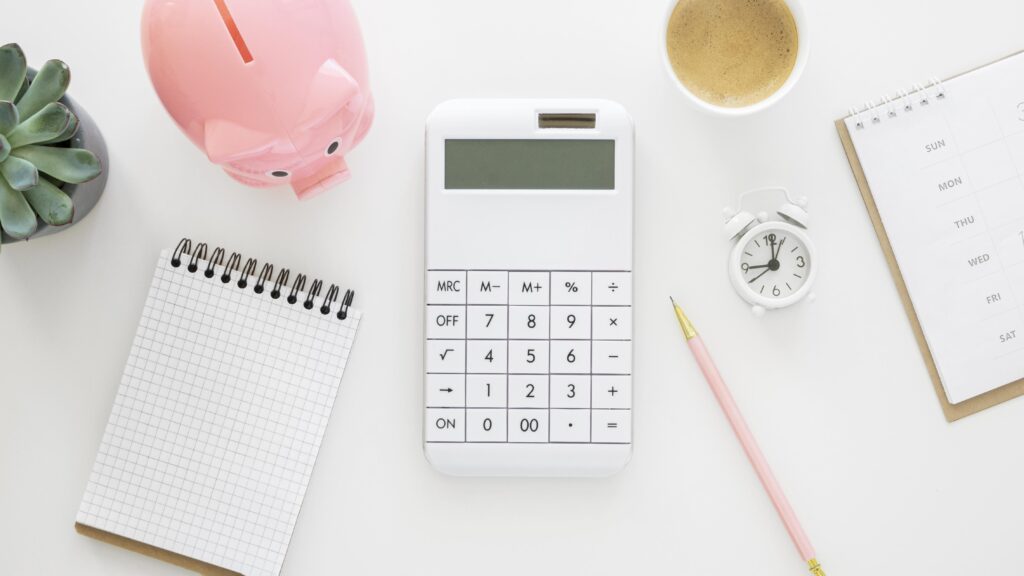
“Budgeting has only one rule: Do not go over budget.” – Leslie Tayne
Welcome to Part Two of our series on “Budgeting Basics: Creating a Budget That Works.” In Part One, we looked at the definition of a budget, its importance and also uncovered a few steps of creating a budget. Now, we’ll take a deeper dive into these steps for creating budgets as well as tips for budgeting. Budgeting isn’t just about writing numbers down—it’s about making your money work for you, even in the face of life’s unpredictability. Let’s continue to explore how to maintain control and build financial resilience.
-
Allocate Money to Savings and Investments
Saving money is a critical part of any budget. In Nigeria, due to inflation, it’s also advisable to consider investing some of your money to beat inflation and grow your wealth. Options include:
- Emergency Fund: Set aside 10-20% of your income for emergencies (such as health issues or car repairs).
- Savings: Use savings accounts, cooperative societies, or ajo/esusu to build a savings habit.
- Investments: Consider mutual funds, stocks, and real estate. Many Nigerians invest in land or property, as these are seen as long-term assets that appreciate in value.
Example:
- Savings (Emergency Fund): ₦10,000
- Investment in mutual funds: ₦5,000
-
Track Your Spending
Keeping track of your expenses throughout the month is crucial to avoid overspending. Use:
- Apps: Budgeting apps like Mint, Money Manager, or local solutions like Cowrywise and Kuda offer budgeting tools.
- Manual Tracking: You can use a simple notebook or an Excel spreadsheet to track your expenses daily or weekly.
This helps you see where your money goes and allows you to adjust your budget if necessary.
-
Adjust for Economic Changes
Nigeria’s economy can be unpredictable. If prices for essentials like food or fuel rise, you’ll need to adjust your budget accordingly. For instance:
- If fuel prices increase, you may need to allocate more money for transportation and less for entertainment.
- If your income increases (from a raise or side hustle), allocate the extra funds towards savings or investments rather than immediately increasing your spending.
Sample Budget
|
Tips for Budgeting

- Stick to Cash for Small Expenses: Nigeria is still largely a cash-based economy, and using cash for small, everyday expenses (like market shopping or bus fares) can help you stick to your budget. However, try to avoid carrying too much cash, especially in urban areas, for security reasons.
- Avoid Debt: Many Nigerians rely on borrowing, whether from banks, loan apps, or informal lending systems (ajo/esusu). While this can be helpful for emergencies, avoid using loans to fund your lifestyle. Pay off existing debt as quickly as possible to avoid high-interest charges.
- Use the 50/30/20 Rule: As a rule of thumb:
- Allocate 50% of your income to needs,
- 30% to wants,
- and 20% to savings and investments.
This ratio can be adjusted depending on your situation, but it’s a great starting point.
- Prepare for Unexpected Costs: In Nigeria, you might face unexpected financial burdens, such as family emergencies, rising fuel prices, or even power outages that increase your expenses on generators and fuel. Ensure your budget has a cushion for such surprises.
- Review Regularly: As your financial situation changes (e.g., a new job, increase in side hustle income, or economic shifts), adjust your budget to reflect your new reality.
Conclusion

Creating a budget that works is essential for managing your money in Nigeria’s dynamic economic environment. By understanding your income, prioritising needs over wants, saving and investing wisely, and adjusting for changes, you can gain better control over your finances and work towards long-term financial stability. A well-crafted budget not only helps you live within your means but also sets you on the path to financial freedom.
